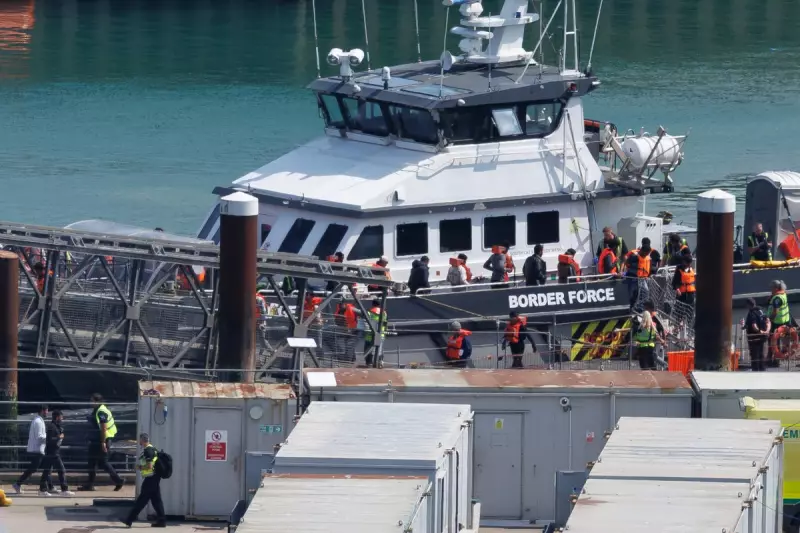
In a revelation that has sent shockwaves through Westminster, former US President Donald Trump is alleged to have advised senior UK figures to deploy the Royal Navy in a direct and forceful intervention against migrant crossings.
The controversial proposal, which echoes the hardline immigration policies of his own administration, would see British warships actively patrolling the Channel to deter, intercept, and turn back vessels carrying asylum seekers before they reach UK territorial waters.
A Radical Shift in Channel Policy
This proposition represents a significant escalation from the UK government's current approach, which primarily focuses on patrolling and post-arrival processing. The direct involvement of the Navy would signal a more militarised and confrontational stance, likely drawing intense scrutiny from human rights organisations and international legal bodies.
Critics argue that such a policy could endanger lives by forcing fragile boats back into one of the world's busiest shipping lanes, potentially violating international maritime law and the principle of providing refuge to those fleeing persecution.
Trump's Influence on UK Immigration Debate
The former President's unsolicited advice underscores his continued attempt to influence global immigration discourse. During his time in office, Trump championed similarly stringent measures, including travel bans and the construction of a border wall.
His intervention into the UK's political affairs raises questions about the boundaries of diplomatic discourse and the influence of foreign leaders on domestic policy-making, particularly on an issue as sensitive and divisive as immigration.
The UK government has long been under pressure to find a solution to the steady flow of small boats crossing the Channel. While the current administration has pursued policies like the Rwanda asylum plan, the idea of using the Navy adds a new, starkly physical dimension to the debate.
As the political reaction to this revelation unfolds, the proposal is set to ignite a fierce debate over national security, humanitarian obligations, and the future of Britain's border control strategy.






